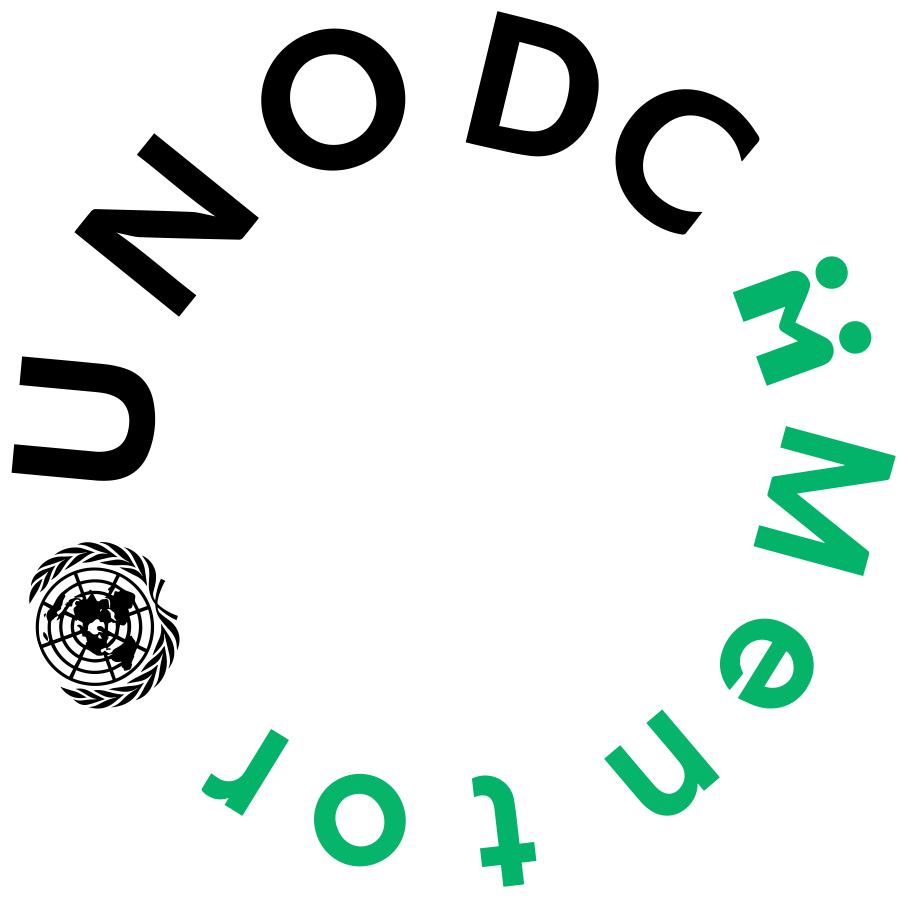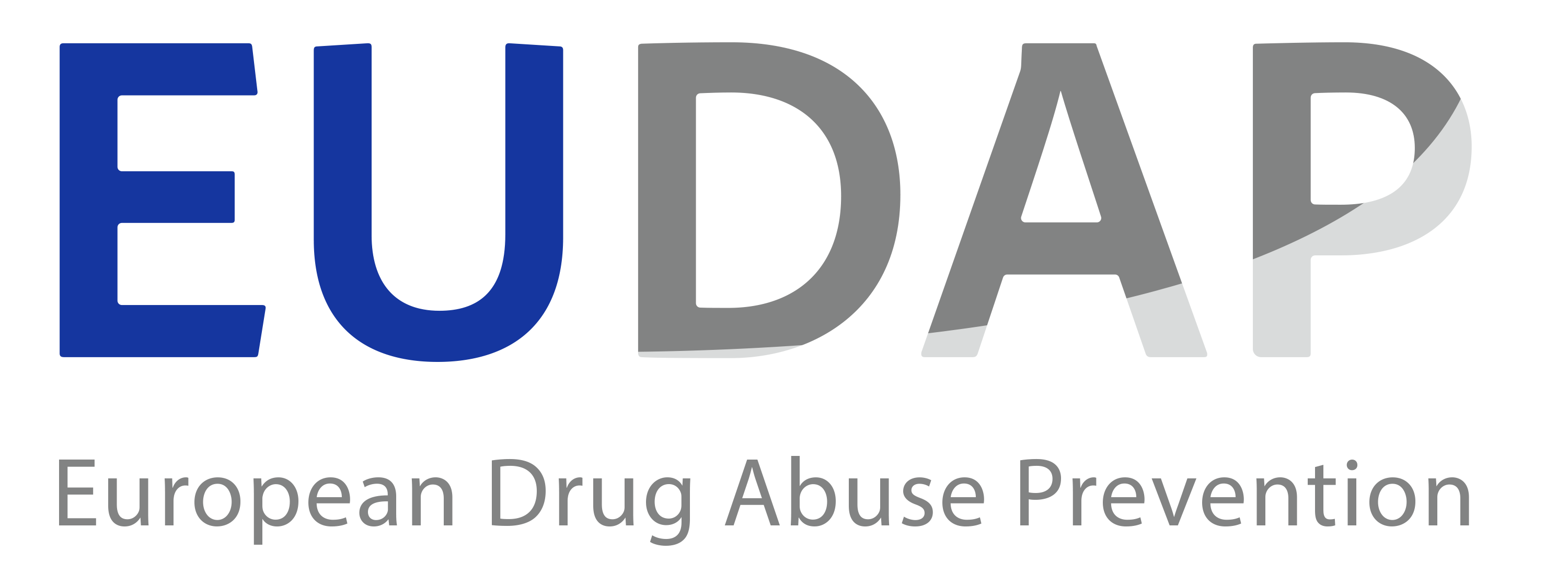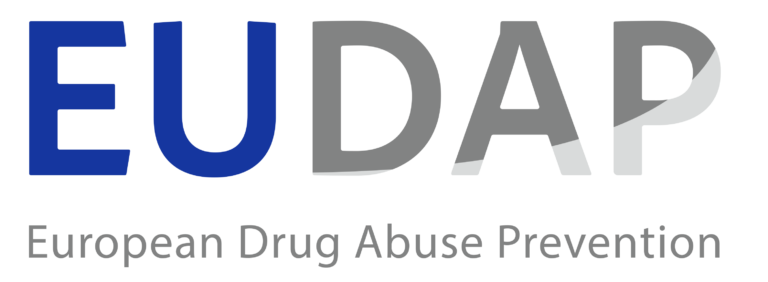UNODC ROMENA - Mentor Arabia – 2008-2011
In 2008, the Regional Office for Middle East and North Africa (ROMENA) of UNODC organized a regional consultation to reach consensus on a large project funded by the European Union to promote prevention, treatment, rehabilitation, outreach, substitution treatments for opioid dependence, drug use, HIV prevention and care in prison settings, to be implemented in Middle East and North Africa. In collaboration with the non-governmental organization “Mentor Arabia”, a school-based prevention initiative was launched with the aim of adapting, disseminating and evaluating the Unplugged program in countries of Middle East and North Africa. The countries involved in the project were Egypt, Lebanon, Jordan, United Arab Emirates, Morocco, and Kuwait. Some activities for the experimental evaluation of Unplugged were conducted in Lebanon and Morocco.
A Regional Working Group Meeting was held in Beirut in April 2009. For each country, teams included a coordinator, to lead the contributions to the program adaptation process and to take the necessary steps for approval of relevant authorities and for recruiting, selecting and communicating with schools; a trainer, to lead the process of training teachers in the interactive method of Unplugged; and an evaluator, to lead the activities for the conduction of the Randomized Controlled Trial for the evaluation of Unplugged in the region.


It was decided the translation and adaptation of the Unplugged curriculum to be established at a regional level. Mentor Arabia took care of the process and established a sophisticated and well thought adapted version, with the support of the Arab Resource Collective (ARC), providing a final Arabic version of the Teacher’s handbook, the Student’s workbook, and the Cards.
The EU-Dap Faculty organized two international Training Of Trainers events in Beirut and Amman, in order to train national trainers. Training sessions with teachers were conducted in Morocco, Lebanon and Egypt, with the support of the master trainer assigned to the Arabic region. The evaluation plan proposed in this project showed some difficulties in undertaking complex plans of training and evaluation in Arabic countries. An 18-month trial plan proved not sufficient flexible for parallel processes of adaptation of materials, training of professionals and teachers, bureaucratic organization of the schools, while running a complex randomized control trial in all enrolled countries. Moreover, countries experienced difficulties due to the political movements that involved Middle East and North Africa in 2011.
Lebanon recruited 14 schools (39 classes). OED randomly allocated 7 schools to the experimental arm (Unplugged + parents seminars) and 7 to the control arm (Usual Curriculum). Morocco recruited 12 schools (36 classes), 6 were allocated to the experimental arm and 7 to the control arm. The questionnaire and the other evaluation instruments were translated, adapted and piloted. The participation of schools, classes and pupils to the first survey (baseline, November-December 2010) was good, with 25 schools, 75 classes and 1677 students participating. However, due to the above mentioned political difficulties, the first follow-up was incomplete in Lebanon and was not undertaken in Morocco. It was therefore not possible to analyze the effectiveness of the program.
Research tools
Project report
Funding
The Unplugged UNODC ROMENA project was granted by the European Commission – Promoting Good Practices and Networking for Reducing Demand for and Harm from Drugs (Grant #TDXNAJ58FEG). Contribution in-kind to this project was delivered by Mentor Arabia.


